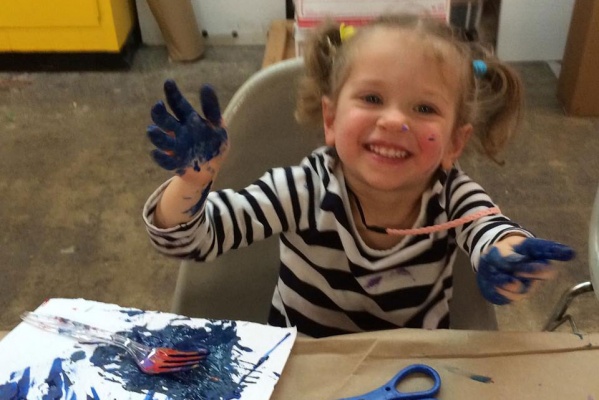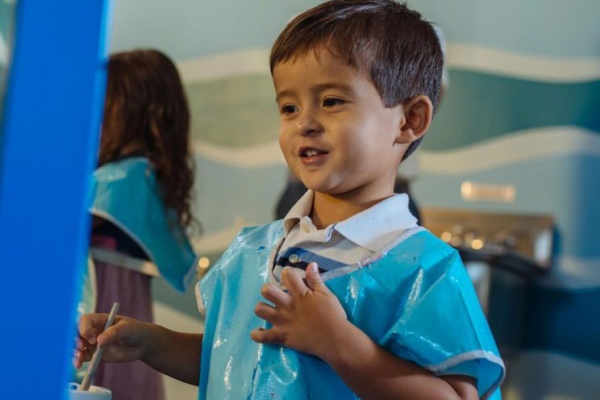
A Victory for Parents with Disabilities in Missouri
On July 12, Missouri Gov. Jay Nixon signed a law that strengthens our rights as parents: .jpg) On Aug. 28, it will be illegal to discriminate against people with disabilities when it comes to parental rights. The law was needed to protect children who have been removed from homes based solely on a parent’s diagnosis of disability, without any evidence of abuse or neglect.
On Aug. 28, it will be illegal to discriminate against people with disabilities when it comes to parental rights. The law was needed to protect children who have been removed from homes based solely on a parent’s diagnosis of disability, without any evidence of abuse or neglect.
This is very important legislation. It’s important for the millions of parents in the United States with physical or mental disabilities, and it’s important for those of us who aren’t (currently) diagnosed with a disability.
The National Institutes of Mental Health estimates that in any given year, 26 percent of Americans – 1 in 4 – suffers from a diagnosable mental illness. In my case, I was diagnosed several years ago with postpartum depression when I had two young sons. In the case of my cousin, who also has two young sons, it was bipolar disorder. The list of people I know personally could go on and on. In fact, two-thirds of women and one-half of men who are diagnosed with a mental illness are parents.
It’s also possible that any of us could become disabled due to an accident or illness. I was reminded of this on a field trip today, when we were at the Science Center looking at Civil War medical devices, including a field kit used for amputations. As I was explaining to a group of kids what the tools were for, one girl piped up, “I know what an amputation is. My grandma had that done to her arm here,” and she indicated a spot just below her shoulder.
While most of us consider ourselves enlightened enough to know that a parent with one arm, or in a wheelchair, or with impaired vision, is perfectly capable of raising children, we may be less likely to stand up for the rights of another group, one whose members look outwardly just like us.
That group of parents – the ones most likely to have their custodial rights challenged − is those with intellectual disabilities. Today’s signing addresses that too, by removing the persistent stigma of the words “mental retardation” from Missouri statutes, replacing them with the words “intellectual disability.”
There are many, many resource organizations for parents with disabilities and their children, including the St. Louis-based Paraquad, where today’s signing ceremony took place, and Through the Looking Glass, a California-based nonprofit supporting children whose parents have a disability or medical issue.
Parents with disabilities are a diverse group. According toa World Bank and World Health Organization report released in June, there are a billion people with disabilities – 15 percent of the world’s population.
Only a small fraction of those billion people live in Missouri, but it’s good to know we are on the vanguard of protecting their parental rights.
By Amy De La Hunt, Health Blogger for SmartParenting

Amy De La Hunt is a journalist and editor who lives in the St. Louis metro area and works across the country as a writer, copy editor, project manager and editorial consultant on everything from fiction books to monthly magazines to blog posts. When she's not chauffeuring her teenage sons to activities, Amy is an enthusiastic amateur cook, landscaper, Latin dancer and traveler. Follow Amy on Instagram @amy_in_words





















